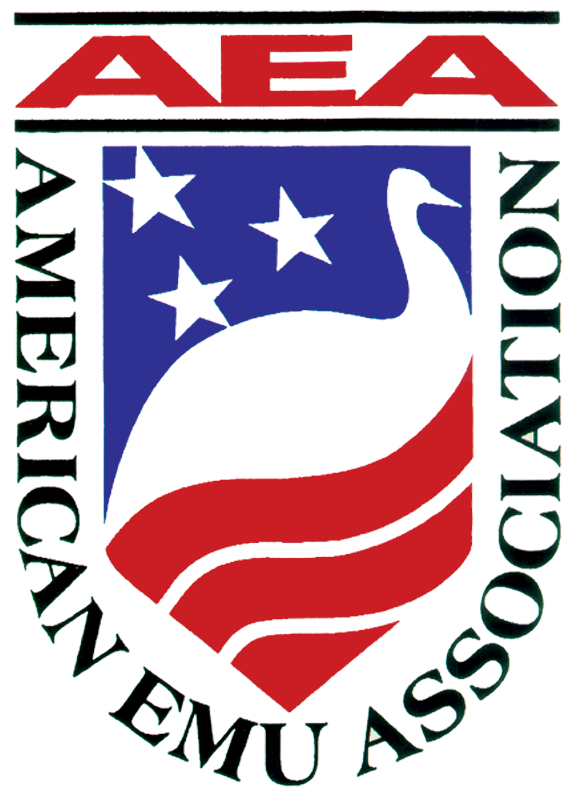Amino acid sequences and phosphorylation sites of emu and rhea eggshell C-type lectin-like proteins.
Avian calcified eggshell layers contain in their organic matrix one or two C-type lectin-like proteins. Previously characterized eggshell proteins of this family are chicken ovocleidin-17 (OC-17), goose ansocalcin and ostrich struthiocalcins 1 and 2 (SCA-1, SCA-2). In this report we present the amino acid sequences of two emu (Dromaius novaehollandiae) (dromaiocalcin-1 and -2; DCA-1, DCA-2) and of two rhea (Rhea americana) (rheacalcin-1 and -2; RCA-1, RCA-2) C-type lectin-like eggshell proteins, thus doubling the data set for comparison of these major specific eggshell proteins.
The ratite proteins can be divided into two groups.
- Group 1, comprising SCA-1, DCA-1 and RCA-1, shows by 70–77% identity of sequences, the lack of phosphorylation, and a variable number (7–9) of cysteines.
- Group 2, consisting of SCA-2, DCA-2 and RCA-2, shows 78–85% identical sequences, 2–3 phosphorylated serines located at almost identical sites, and contains only the common set of six conserved cysteins characteristic for this family of proteins.
While goose ansocalcin fits perfectly into group 1 with a sequence identity of 63–70% to the other members, no phosphorylation, and seven cysteines, chicken OC-17 was assigned to group 2 in spite of only 42–47% sequence identity (and 37–39% to group 1) because of its two phosphorylated serines and its regular set of six cysteines. At present it remains unknown why ratites, but not goose or chicken, require two different types of C-type lectin-like proteins to construct their eggshells.
Comp Biochem Physiol B Biochem Mol Biol. 2006 Feb;143(2):160-70.

Founded in 1989, The American Emu Association is a non-profit trade association representing breeders, producers and marketers of emu meat, oil and other emu co-products. The emu industry is an alternative agricultural industry, dominated by the small farmer, who is devoted to humane and environmentally positive practices that will produce beneficial products for society. For more information about the American Emu Association (AEA) or the emu industry visit http://aea-emu.org